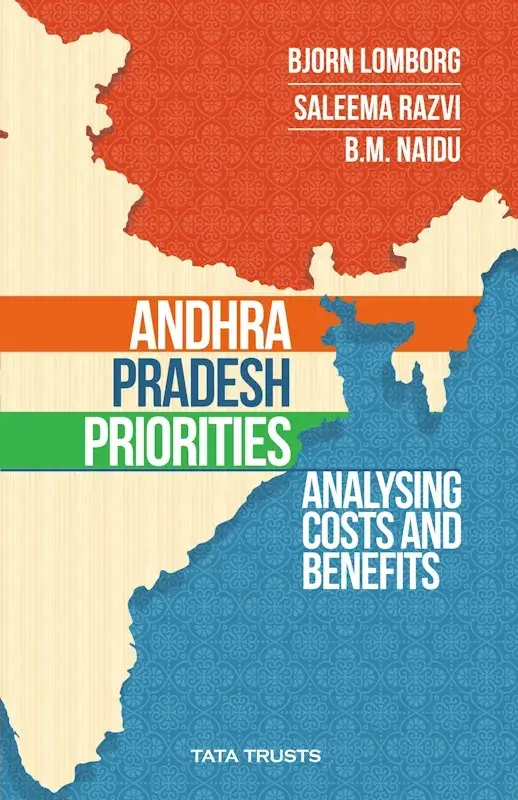Andhra Pradesh Priorities
With a diversified economy, high growth rates, and an international high profile, Andhra Pradesh is an important part of the nation’s success story. But AP and indeed every state and nation on Earth, does not have unlimited funds. It has to choose between many worthy opportunities to speed progress and respond to the remaining challenges.
What is the best way to continue developing while ensuring that everyone benefits, and gaps are closed? There are nearly as many different answers to that question as there are people living in the state. For many, education could be paramount – but does that mean first focusing on getting more people into tertiary education, or improving early childhood access, or on further expanding skills training programs? Again if nutrition is the key priority, there would still exist a need for identifying whether malnourishment should be addressed through micronutrients for pregnant women during ANC visits or the use of ready to use therapeutic foods and supplementary nutrition for malnourished children. The aim is to identify what works and what does not in terms of social, economic and environmental effects per rupee spent. Andhra Pradesh Priorities is a research and advocacy project that is part of the larger India Consensus – a partnership between Tata Trusts and the Copenhagen Consensus Center.
Andhra Pradesh Priorities analyzed investments to establish how to achieve the most social, environmental and economic good for Andhra Pradesh for every rupee spent. It utilizes the award-winning Copenhagen Consensus approach, which has been refined over the past ten years to improve global and regional spending priorities and has now been adapted to reflect the diversity and size of India. AP Priorities has been running for more than a year conducting studies across a wide range of policy areas - from education, health and governance to trade, infrastructure development, and energy in the state of AP.
The AP Priorities Eminent Panel Academic event which took place from the 18-20th June, 2018 had leading economists presenting their research on Andhra Pradesh in front of esteemed Eminent Panel members including former CEO of Oxfam India Dr Nisha Agrawal; Chairman of the Global Alliance for Improved Nutrition Vinita Bali; Vice Chancellor of Indira Gandhi Institute for Development Research and President of the Indian Economic Association Professor S. Mahendra Dev; and Nobel prize-winning economist Professor Finn Kydland. The Eminent Panel was facilitated by Dr Bjorn Lomborg, President of Copenhagen Consensus and named by TIME magazine as one of the world’s 100 most influential people.
The Eminent Panel deliberated on the findings and came to a consensus on the top priorities for the state of AP in terms of delivering the most benefits given limited state budgets.The AP Priorities Prioritisation results were then presented to the Hon’ble Chief Minister of AP – Shri Chandrababu Naidu on the 20th of June. He welcomed the findings of the Eminent Panel of economists, prioritising 77 policies and interventions to help Andhra Pradesh achieve its goal of becoming India’s leading state in social development and economic growth.
The Chief Minister said that he intended to continuously work with the project team. “It’s a very good study and I am very happy with it. I invite Andhra Pradesh Priorities to present an Action Plan for implementation.” This book presents, in an accessible format, the research that allows readers to make their own decisions on development priorities -- along with the panel member's findings.
As an Amazon Associate Copenhagen Consensus earns from qualifying purchases if you use the book links on this page.
Published: 2020
Publisher: CCC & Tata Trusts

